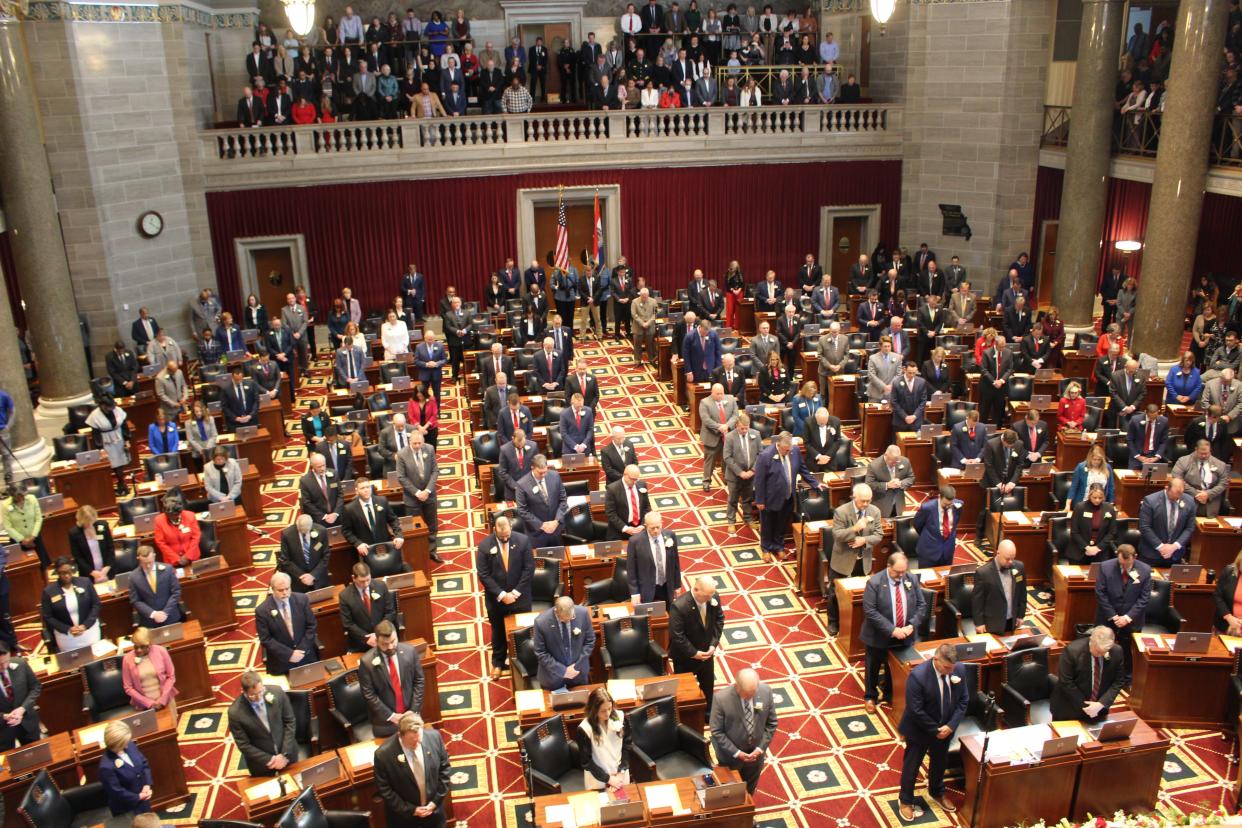Hands off, Missouri legislature. The citizen petition process is democracy in action.

Missouri’s entrenched legislators are apparently galled by the fact that voters keep passing bills that they oppose. In an article published in the Springfield News-Leader on Feb. 12, Missouri state Sen. Sandy Crawford indignantly declared that ‘"We have Republican supermajorities ... and voters pass all these crazy left-wing initiative petition things … We need to get a better handle on that."
As staff writer Galen Bacharier remarked, this is “a line of argument that Republican lawmakers have previously shied away from.” It certainly did seem more prudent to conceal their objective to obstruct the will of Missouri voters. But at least now they’re being honest about the real motivation behind their fevered push to change the citizen-driven initiative petition (IP) process.
For more than a century, initiative petitions have been used by both progressive and conservative groups in Missouri to get proposals for new legislation to the ballot, some of which have been approved by voters and some not. To be clear, it’s impossible to pass policies or constitutional amendments in Missouri without support from both Democratic and Republican voters. In recent years, the IP process has been used to get Medicaid expansion, new rules for fairer redistricting maps and voter protections, a minimum wage increase and legalization of marijuana to the ballot. Each of these “crazy left-wing initiative petition things” were approved by a majority of Missouri’s voters and each were opposed by a majority of Missouri’s legislators.
Remarkably, their fix is not to reconsider their policy priorities, but to cut direct voter participation out of the equation so they can legislate without challenge. Proposed bill SJR 31 would nearly double the signature requirement for initiative petitions, which would amount to tens of thousands of additional signatures. As someone who has worked on initiative petition campaigns along with hundreds of other unpaid volunteers, I know that managing to collect 10 signatures from eligible voters at a crowded event is a good day.

Another bill, HJR 43, would increase the vote requirement for passage of any IP ballot measure from a simple majority to 60%. In the fall, 53% of Missouri voters passed Amendment 3, legalizing recreational marijuana, which combined with medical use sales generated an estimated $6 million in new tax revenue in February. Had it been in effect, the HJR 43 modification would have made passage impossible.
Both of these bills have been framed as reasonable safeguards on passage of important policy decisions, but they would effectively make the IP process unusable. Legislators are now brazenly telling us that is precisely the point. Changes to a citizen initiative process that functions as designed are not only unnecessary, they’re flagrantly undemocratic. You can thank them for finally being honest, but it’s time to tell legislators to back off.
David L. Derossett is an associate professor of sociology at Drury University.
This article originally appeared on Springfield News-Leader: Legislation to render petition process ineffective is undemocratic

